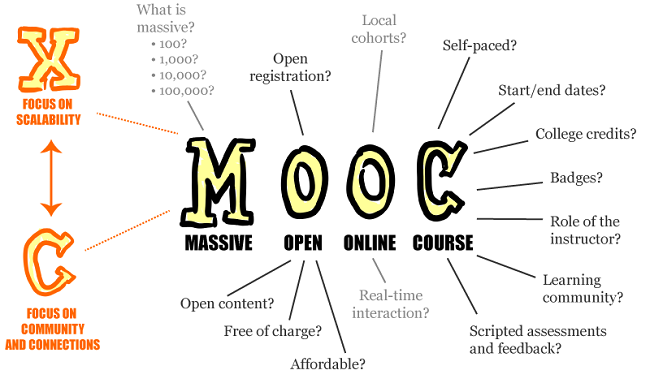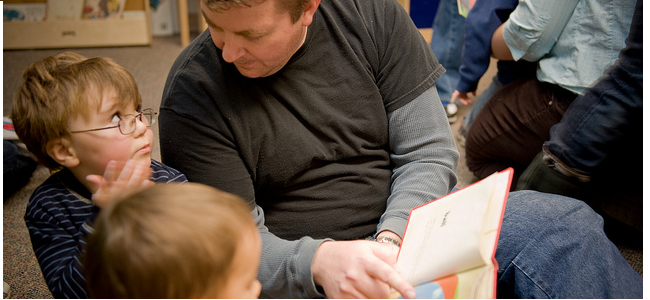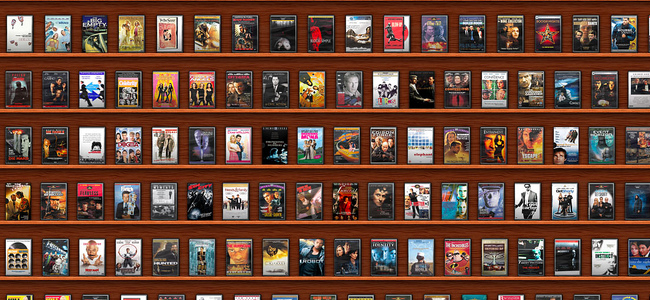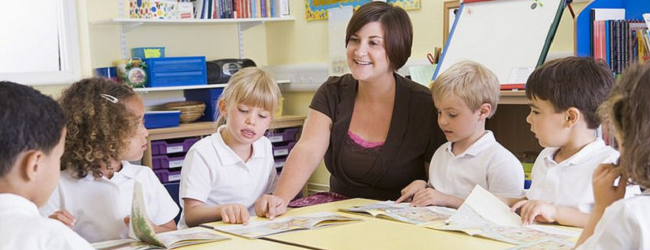Until writing this article, I had assumed that Halloween in America and in the UK were very similar. However, it has been brought to my attention by Mr. Cain, the editor of Innovate My School, that “Americans make British Halloweens look massively understated”. This fills me with a bit of pride. It is my hope to shed light on American Halloween in education by using bits of my own experiences as a student from College down to grade school, and also from my first year of teaching. This being my second year of teaching, and Halloween being upon us, I can only hope that it will be as much fun for the students.
It has been quite a time since I started to use CSI (Crime Scene Investigation) as a hook to engage students into a range of key (and often for them, boring) subjects. For me it was Science and ICT (Information Communication Technology), but it can be used to develop literacy and numeracy skills, as well as those soft skills such as collaboration and problem solving that can be difficult to plan into busy timetables.
MOOCs continue to spread throughout the world. But how will they affect e-learning in the UK? TechnoTeacher Nicole Ponsford takes a look.

MOOC = Massive Open Online Course. You may have now heard of them as the BBC has published an article about the UK’s Future Learning, illustrating their global demand. I have just completed my first of these courses, and believe MOOCs will change of the tone of learning for us all.
People sometimes mistake the concept of pupil engagement for frivolous, time-wasting fun. In fact, in any school staff room it’s likely that there will be at least one colleague shaking their head sadly and muttering the word “Edutainment” when particular classroom approaches are mentioned. The thing is, sometimes that cynicism is entirely reasonable; sometimes a wariness about “play” in the classroom is absolutely warranted. Why? Because there is an overwhelmingly important distinction between inspiring intrigue and engagement in a topic or skill, and simply sugar-coating the work with a meaningless, superficial “fun” activity.
Both teaching and marking can take up a huge amount of a teacher’s day; the latter, in particular, especially tends to eat into supposed ‘free time’. Here, Manchester-based primary school teacher and blogger Amy Kingsley discusses one app that’s been invaluable for her literacy lessons.

Over the last academic year, Explain Everything has fast become one of my top educational apps for applying pupils’ speaking and listening skills across the curriculum. As a busy primary school teacher, I have never been an avid fan of the daily marking marathon and would much rather spend my time planning engaging lessons and creating resources.
A student with learning difficulties has to get through a lot of hard work each time, so it’s important that their teacher is properly equipped to guide and encourage their progress. Therapy Box director Rebecca Bright, herself a speech & language therapist, gives her advice on the best SEN tech available.

We’re often asked, when we run workshops and training sessions for speech therapists, how they can utilise iPads and Android tablets in the classroom alongside students with learning disabilities. Of course, the answer is as broad as the range of students – with a plethora of tools and apps which can be considered by speech therapists and teachers.
As seen with Nicole Ponsford’s article last month, film offers many different qualities for teaching students of all ages. Jane Fletcher, director of education at British charity Into Film, gives her thoughts on how teachers can employ movies to teach a wide variety of fields.

In a world where the moving image is becoming increasingly dominant it makes sense to acknowledge film as the richest of educational resources, with the capacity to broaden young people’s horizons, enrich their learning experiences and raise attainment. Film has extraordinary production values in which art, science and technology meet.
Teachers who have been entrenched in their classes for years still seek out innovative edtech to assist their work. Educators moving to a new environment, therefore, are likely to want to know about what’s available for their specific needs so that they can get a running start. Hot on the heels of his Media teacher’s iPad piece, Mike Gunn discusses the best technology for supporting new teachers.

Being a new teacher can be daunting. To be honest, even when you've taught for many years, a move to a new school can make you feel almost entirely like a beginner again. The nature of teacher is that students listen when they respect you, and rarely before that point. Your job as the teacher is to establish high expectations, behaviour boundaries, and what I used to call ‘the deal’: "You guys work hard, and I'll make your learning worthwhile and engaging".
Making the effort to be environmentally-friendly is a key responsibility for schools everywhere. Education and electronics supplier Rapid have put together an infographic that allows students and teachers to put together their own solar power generator, also giving the best advice on how to best use it.

How can a class go about creating a solar-powered generator? Here’s a handy how-to guide on the matter, along with what you can use it for.

A community-driven platform for showcasing the latest innovations and voices in schools
Pioneer House
North Road
Ellesmere Port
CH65 1AD
United Kingdom